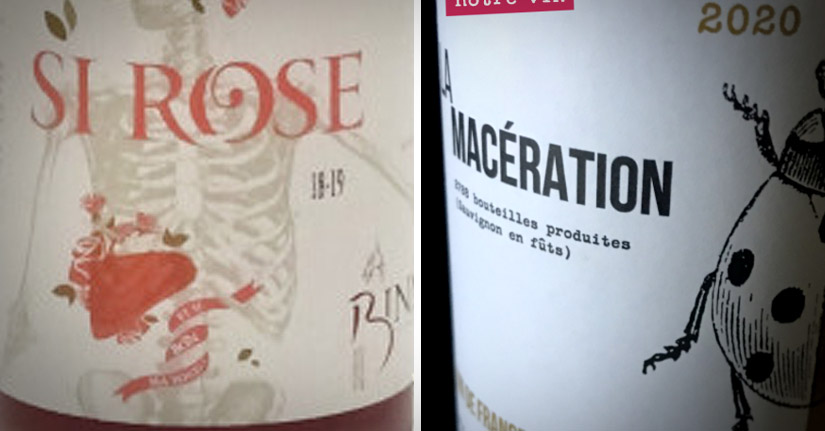Orange Wine:
The New Global Trend with Historic Roots and Fun Facts
5 best orange wine pairings
There’s a new wine on the block that is gaining attention, but guess what? It isn’t really all that new. Orange wine is the latest global trend in the world of vino and for good reason – it’s delicious and helps reduce the need for additives! The term « orange wine » appeared recently to describe a white wine made with red winemaking recipe and which color is indeed orange in the glass. It is actually a very ancient method to make white wines, evidence of this was found in Georgia for example, dating from 8000 years ago.
Keep reading to learn more about this fascinating beverage and some tasty wine pairings to try.

Orange Winemaking
After crushing the grapes and releasing the juice of the white grapes, (which do not appear to be particularly white as you may think but are more yellow or even pinkish) winemakers leave the skins of these grapes in touch with the fermenting juice until the end of fermentation.
In production of normal white wines, the skins must be removed early during fermentation.
But in the case of orange wine making, there is greater extract of color and tannins from all grape skins, which gives it a distinctive flavor to the wine. Some flavors found in the skins will come through in notes of tangerine and tea leaves.
And this is why it is also referred to as « skin contact » white wine. This process alone makes it truly different from a classic white wine because of the color and the tannin structure.
It has been around for thousands of years, but it is making a resurgence after centuries. One of the main reasons for its strong comeback these days is the fact that skin contact grants the wine a larger blanket against oxidation and thus allows winemakers to reduce the input of sulfites before bottling. Therefore orange wines are in favor within the low intervention or natural wine scene.
Another reason is to bring back a very traditional way of making white wines, paying tribute to the first winemakers from Georgian monasteries and their huge underground clay pots. It adds another category of wines for the consumers, allowing the wine scene to be creative in these times of strong competition with cocktails and beers.

Ready for some historical fun facts!?
- For Georgians, it is described as “amber wine” because that was their traditional way of making it. They mention “Qvevri wine” which plays homage to the clay pots they have been using for thousands of years. This would be an indication of skin contact winemaking because everything ferments in these Qvevri (pronounce Kweh- vree:).
- In Tuscany, Professore Guido Gualandi makes an archaeological orange wine called Vinum according to recipes found in texts by Plinum the Elder and Columella.
“The grapes are picked by hand using “bigonce,” a type of traditional basket. The picking is late, during October. The grapes are left in the sun for a while to “cook”, and then each is pressed with a stick in the bigonce. Skins and stems are fermented in chestnut for 15 days”
- The first mention of orange wine is due to David A. Harvey of Raeburn Fine Wines, a British wine importer, who started to market amber wine from Georgia in 2004.
In closing of course, I have to share some personal orange wine favorites from France.
- Lutz by Le Pech d’André in Minervois, using mostly bourboulenc.
- Si Rose by Christian Binner in Alsace, a skin contact wine from Pinot gris and Gewurztraminer, two colorful “white” grapes.
- La Macération by Château Cazebonne in the Graves, using sauvignon blanc.
- Amaros by Clos Lapeyre in Jurançon, made with Gros manseng.
Best Orange wine pairings
- Duck foie gras terrine is worth a try, even if you’re not a fan of duck. Even traditional French consumers have been won over with this pairing
- Whitefish Ceviche flavors match the more pronounced aromas of orange wines.
- Slow-cooked guinea fowl
- Curries
- Salers or aged Comté cheese
I hope this article was able to give you a good understanding of what orange wine is. If you have any questions, don’t hesitate to reach out. I offer a wide selection of French wine together with my producer partners including new orange wines working organically. You can also find more information on wine pairings, trends and the latest news on the world of wine.
Bon appétit and happy wine exploration!
